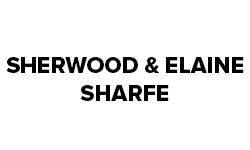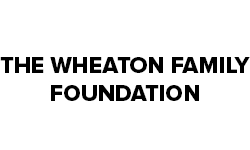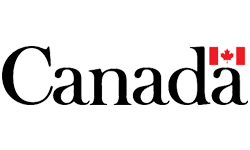An Invitation to Lead and Learn
The teachers that created these resources invite you to become aware of, reflect on, and, if necessary, change your thinking about teaching citizenship education. Their work will challenge you to identify current citizenship issues for students, and then facilitate a class discussion about the principles of respect and responsibility that are evident in your examples. What rights exist within the example? What rights do students need to uphold?
What do you think about…? What do you believe about…?
Individuals act according to what they believe and think. What they believe and think is coloured by their assumptions. Similarly, the teachers who created these resources examined what they thought about and believed with respect to the big questions and understandings that permeate these resources. They did not always agree. They gathered additional information. They talked. They listened. They thought. They became aware of their assumptions and often changed their thinking. There was not always agreement, but there was always an appreciation for and a desire to understand another opinion. Respect was evident; respect for the process, for the journey, and for one another.
To use these resources to their full effectiveness, you are invited to acknowledge that you have assumptions that affect the way you view the world, treat the environment, and the way you respond to situations and other people’s behaviour. These resources will challenge you to surface the assumptions in your classroom so that they can be explored and challenged. What assumptions will change? What new thinking will be embraced? What new behaviours will be adopted?
Colonial Perspectives: Realize the influence
“Reconciliation with the reality of colonization is required in order to come to terms with a
painful and suppressed history.”
(Shane Henry, 2016, Courageous Conversations: Engaging in Conversations that Matter)
The Truth and Reconciliation Commission’s Calls to Action ask Canadians to recognize the detrimental influence that learning through a colonial lens has had. We are being asked to reflect upon how inequitable power structures meant that important conversations were lost, and important voices went unheard. We are being challenged to take steps to create a more balanced approach to what is being taught, and find ways to champion meaningful inclusion in our classrooms and in our communities. Educators have a particularly powerful role to play in helping heal relationships between Indigenous peoples and all other Canadians.
An important part of your work involves reflecting on your own pre-existing assumptions. For example, what, if any, colonial perspectives do you maintain? How do they impact your actions? Think about what you believe. Have the courage to talk to people with other points of view. What alternative perceptions do your students hold? What choices will you make to ensure that students explore citizenship situations from ethical perspectives that respect multiple cultures and ethnicities? What public truths will you engage? How will you empower your students to have courageous conversations?
Join the Citizenship Community
“Sow the seeds of curiosity that animate a dialogue inviting everyone to a more inclusive,
tolerant, and beautiful nation.”
(Shane Henry, Courageous Conversation: Engaging in Conversations that Matter)
In closing, I invite you to learn and lead. As educators, you can choose to become a deliberate and explicit practitioner of citizenship education. Your actions will help create a “responsibility revolution,” and you will give our students the information and competencies they need to participate fully as respectful and responsible citizens.
Judge David Arnot, Chief Commissioner
Saskatchewan Human Rights Commission
© 2024 Concentus Citizenship Education Foundation Inc. All Rights Reserved.









